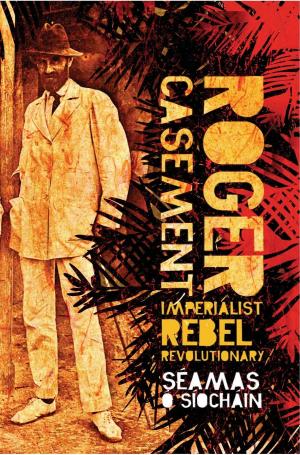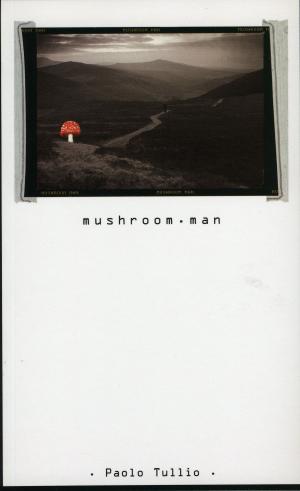Short Circuit
Strengthening Local Economies for Security in an Uncertain World
Business & Finance, Economics, Macroeconomics, Nonfiction, Science & Nature, Science, Biological Sciences, Environmental Science| Author: | Richard Douthwaite | ISBN: | 9781843513322 |
| Publisher: | The Lilliput Press | Publication: | January 1, 1996 |
| Imprint: | The Lilliput Press | Language: | English |
| Author: | Richard Douthwaite |
| ISBN: | 9781843513322 |
| Publisher: | The Lilliput Press |
| Publication: | January 1, 1996 |
| Imprint: | The Lilliput Press |
| Language: | English |
With the deregulation of international trade and a free movement of capital, the world economy is more unstable than ever and liable to economic collapse. So precarious is it that it should no longer be relied upon to provided all the goods, fuel, food and services we need to live. As unemployment rises in every industrialized country, increasing numbers are excluded from participation in the market economy and face the reality of a world without job security. The solution proferred by Short Circuit is that each community should develop an independent economy capable of restoring full employment to its area and ensuring the supply of goods and services should the mainstream economy collapse. The book demonstrates how this can be done by supplying details of local energy-generation, currency, banking and food-supply systems. It contains case-studies of local communities at work in Denmark, Germany, the Netherlands, Australia and the USA, as well as in Britain and Ireland. Extensively illustrated and referenced, this annotated guide will identify sources of more specific information, and appeal to all concerned with how competitive forces are squeezing the life out of their environment. More broadly, it demonstrates how power can be returned to the community. ''No lasting solutions to the problems of war, social disorder and environmental degeneration can be found without abandoning the high-energy, high-mobility, intensively individual style of life developed by the advanced industrial nations.''—Malcolm MacEwan (1911-1996)
With the deregulation of international trade and a free movement of capital, the world economy is more unstable than ever and liable to economic collapse. So precarious is it that it should no longer be relied upon to provided all the goods, fuel, food and services we need to live. As unemployment rises in every industrialized country, increasing numbers are excluded from participation in the market economy and face the reality of a world without job security. The solution proferred by Short Circuit is that each community should develop an independent economy capable of restoring full employment to its area and ensuring the supply of goods and services should the mainstream economy collapse. The book demonstrates how this can be done by supplying details of local energy-generation, currency, banking and food-supply systems. It contains case-studies of local communities at work in Denmark, Germany, the Netherlands, Australia and the USA, as well as in Britain and Ireland. Extensively illustrated and referenced, this annotated guide will identify sources of more specific information, and appeal to all concerned with how competitive forces are squeezing the life out of their environment. More broadly, it demonstrates how power can be returned to the community. ''No lasting solutions to the problems of war, social disorder and environmental degeneration can be found without abandoning the high-energy, high-mobility, intensively individual style of life developed by the advanced industrial nations.''—Malcolm MacEwan (1911-1996)















